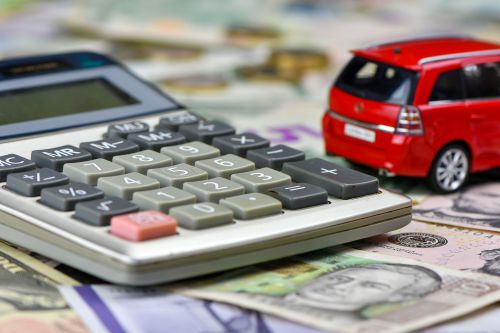Buying and Selling Cars? Get Some Tax Advice

Evelyn Jacks
Cars are hot commodities these days. While auto sales declined by close to 8% in 2022 over 2021 this year is much brighter for auto dealers, with a 4.4% increase in sales in the first quarter. The forecast for North American auto product is also good – expected to rise by 9.3% to 15.5 million units in 2023. Buying and selling cars has tax consequences for taxpayer who take auto write-offs, and the rules are complicated in particular for Capital Cost Allowances (CCA) claims, recapture and terminal loss. In this report, we’ll zero in on existing car disposals.
Getting a Good Price. When a car is disposed of at a value that is more than its undepreciated value, it can be a happy occasion from a cash flow perspective. But, an income inclusion known as recapture can result. Technically speaking, recapture is the excess of the value of the disposition over the actual decrease in value of the assets in the CCA class. When this results in a negative balance in the CCA class, this amount is included in income as recapture.
If, in addition to the recapture, there is an increase in value that exceeds the adjusted cost base, a capital gain will result, as well. Consider this example, (excerpted from Evergreen Explanatory Notes):
Issue: The Healthy Forest Company purchased a rental property, paying $56,000 for the building. It claimed $6,000 in CCA during the period of ownership, reducing its UCC to $50,000. When the company sold the property, the $75,000 of the sales proceeds were appropriately allocated to the building. What are the tax consequences?
Answer: On the company's income statement for the year of sale, it must include $6,000 in income as a recapture of capital cost allowance.
It must also report the capital gain of $19,000 ($75,000 - $56,000) in addition to the gain on the increase in value of the land. This represents the increase in value over the original cost of the property. One-half the amount, of $9,500, is the taxable capital gain.
There are other special rules. For example, if the undepreciated capital cost is reduced when government assistance is received, a negative balance can result and this also must be included in income.
In another example, if items remain in the class after the disposition, the UCC of the class remains at zero and any proceeds of disposition of the remaining item will later result in recapture, as each item is sold, unless more items are added to the class.
Also notable: Class 10.1 assets (Passenger Vehicles) are not subject to recapture. Each class 10.1 asset is in a separate class 10.1 and, in the year of disposition is eligible for one-half of the normal CCA claim. Note though, recapture will apply to class 10.1 assets if the business chooses to claim a 100% deduction for CCA in the first year the asset is available for use. In that case, the recapture equals the actual proceeds times the ratio of the amount added to the class on acquisition to the actual cost of the vehicle.
Deferred Recapture. S. 13(4) and 13(4.1) provide that when a business asset is replaced, even if it is not replaced in the same year as the disposition of the former business property, the recapture may be deferred until the replacement property is disposed of. See Replacement Property Rules.
Reclassified Properties S. 13(5) and 13(6) deal with the situation where property included in one CCA class is subsequently transferred to another CCA class. These rules ensure that upon reclassification, no recapture is created.
Bottom Line: To pay down that new car loan sooner, it pays to get some tax advice from a DMA-Tax Services Specialist™ before and after the old car is disposed of.